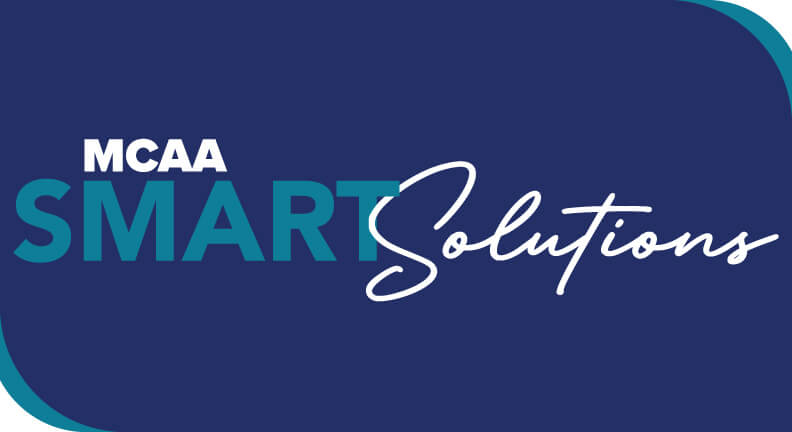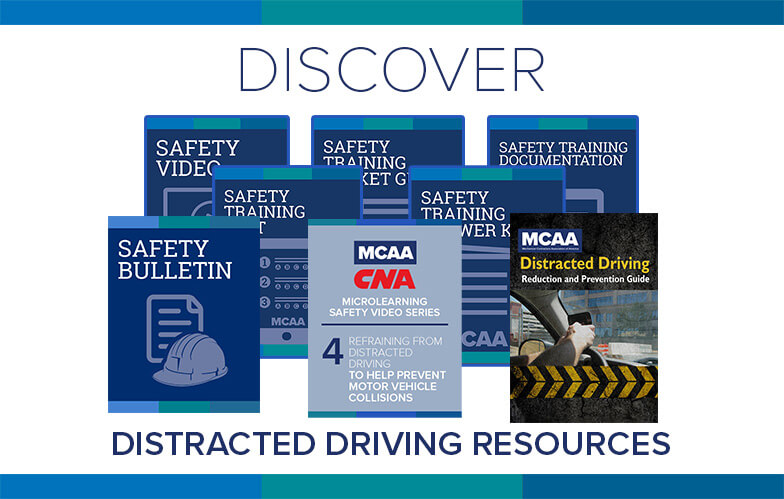
Accounting for the PPP Loan: A question that Withum has consistently received is: When do we “write off” the PPP loan? This is an important question for borrowers who may have audited financial statements, where the presence of debt can have an impact on the company’s ability to borrow or meet financial covenants. Withum’s view thus far has been that the loan should remain on the balance sheet until such time that the bank has officially forgiven it. The technical accounting guidance would be to view forgiveness as a “gain contingency”, an event that is not fully within the control of the company and not certain to occur, therefore the gain (write off of the loan and related interest) should not be recognized until such time that forgiveness has actually been confirmed.
The AICPA recently released a Technical Question and Answer (TQA) on the matter, while the TQA does indicate that gain contingency guidance is acceptable, it also opens the door to an alternate conclusion (see the link above and excerpt below). This is meaningful because the AICPA and the SEC indicates here that a borrower “may” be permitted to view the loan as a government grant, and therefore you would write it off (into other income on the income statement) as you use the proceeds from the loan based on your best estimate of what will be forgiven. This creates a very different result than the gain contingency guidance above. There is not yet authoritative guidance on this issue, however this TQA is a clear indication that borrowers may have multiple options available to account for this loan.
TQA 3200.18: “How should a nongovernmental entity account for a forgivable loan received under the Small Business Administration Paycheck Protection Program (PPP)?”
Answer: “Given the unique nature of the PPP, questions have arisen relating to how a borrower under the program should account for the arrangement. Although the legal form of the PPP loan is debt, some believe that the loan is, in substance, a government grant.” In addition, the Staff of the SEC’s Office of the Chief Accountant has indicated that they “would not object to an SEC registrant accounting for a PPP loan under FASB Accounting Standards Codification (ASC) 470, Debt, or as a government grant by analogy to International Accounting Standard (IAS) 20, Accounting for Government Grants and Disclosure of Government Assistance.”
Reminder Section: (what should I be doing):
- Call your payroll company about claiming the payroll tax deferrals and employee retention credits that were made available in the CARES Act.
- Talk to your payroll company about the qualified sick/family leave legislation (FFCRA, passed prior to the CAREs Act).
- Consider speaking with your bank to discuss changes to terms of existing debt facilities. The banking system remains strong.
- If you have already applied for the PPP, start forecasting how you intend to spend the funds and how to qualify for the highest amount of forgiveness possible.




